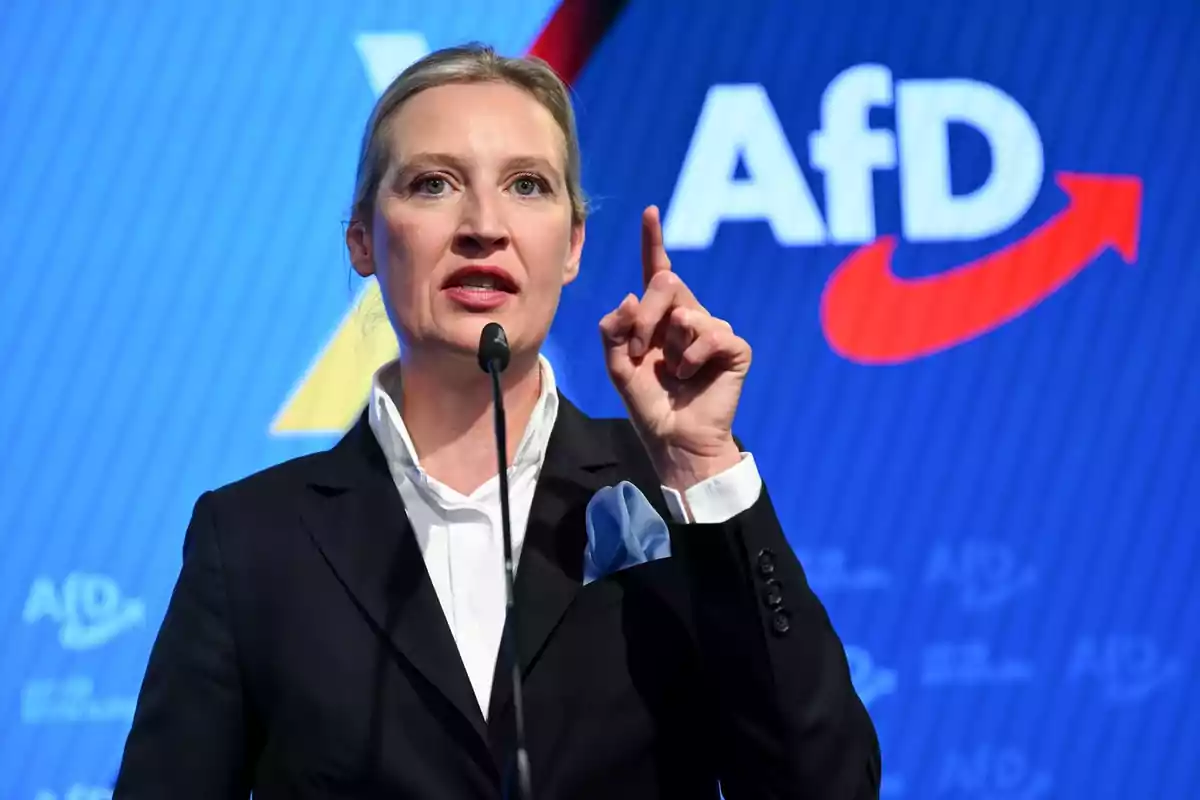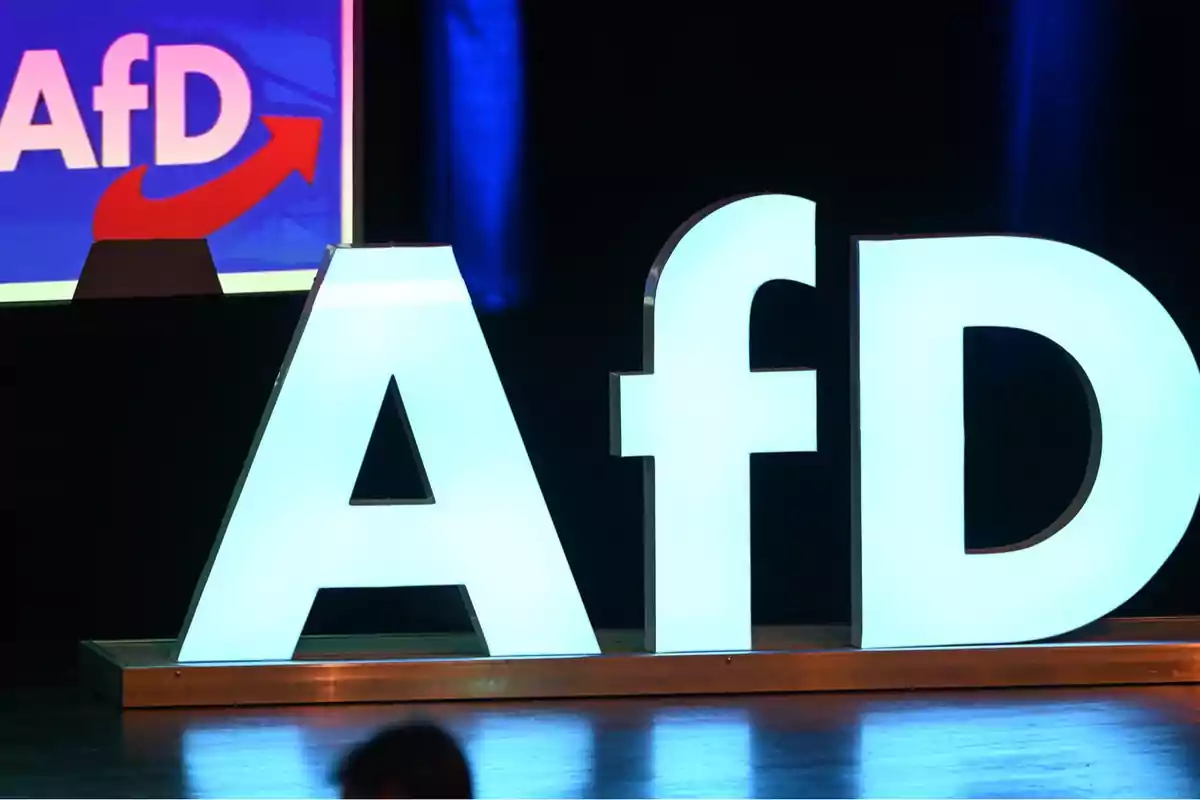
Alice Weidel Celebrates a 'historic' Result and Opens to a Coalition With Cdu
The big surprise of the day was the rise of Alternative for Germany (AfD), which reached 19.5% of the votes.
In the German federal elections, Friedrich Merz's CDU obtained 29% of the votes, according to exit polls.
This result, although higher than in the previous elections, doesn't grant them an absolute majority, which forces them to consider possible coalitions to form a government.
The big surprise of the day was the rise of Alternative for Germany (AfD), which reached 19.5% of the votes, almost doubling its support compared to the 2021 elections. This result positions AfD as the second political force in the country, an unprecedented milestone for the right-wing party.
The Social Democratic Party (SPD), led by outgoing Chancellor Olaf Scholz, suffered a significant defeat, obtaining only 16% of the votes, one of the worst results in its history. This decline reflects the discontent of a part of the electorate with the outgoing government's management.

The Greens achieved 13.5% of the votes, maintaining a relevant presence in the German political landscape. Meanwhile, Die Linke surprised by obtaining 8.5%, exceeding expectations and securing its representation in the Bundestag.
Voter turnout was notably high, reaching 86%, the highest figure since German reunification. This data reflects a renewed interest of the citizenry in the democratic process and the country's political future.
After the results were announced, Friedrich Merz expressed his intention to form a coalition government as soon as possible. Highlighting the need for Germany to regain its position and respect in the international arena. However, the fragmentation of the vote and the absence of a clear majority anticipate complex negotiations for the formation of the new executive.

Alice Weidel, leader of AfD, described her party's result as historic. She expressed her willingness to be part of a coalition government. Nevertheless, the main parties have so far maintained a "cordon sanitaire" around AfD, which could limit its chances of directly influencing the government.
The rise of AfD is partly attributed to the growing concern of sectors of the population. Over issues such as immigration and the economy. The electoral campaign was marked by intense debates on these matters, reflecting the existing divisions in German society.
The defeat of SPD and the drop in its percentage of votes indicate a shift in voter preferences. Possibly influenced by the perception of government management and recent economic challenges. This result forces the party to reflect on its strategy and position in the new political scenario.
The coming days will be crucial to determine the configuration of the new German government. Negotiations between parties are anticipated to be intense.
The possibility of forming a coalition that excludes AfD will be a central topic in the discussions. The international community is closely watching these developments, given Germany's essential role in the European Union and global politics.
More posts: